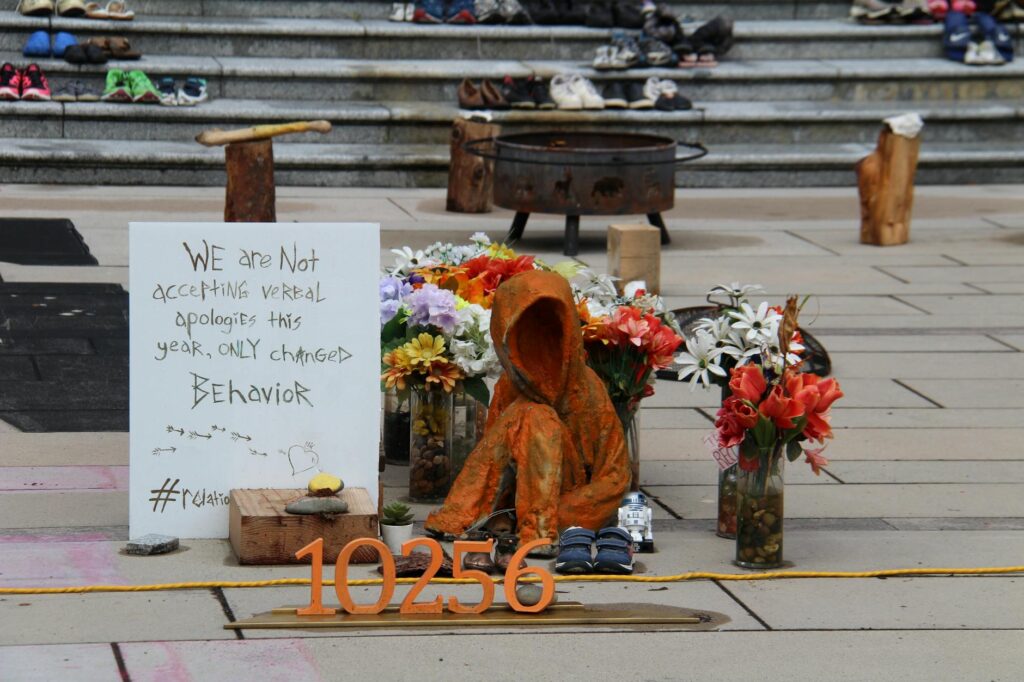What is ritual behavior?

What is ritual behavior?
Ritual behavior, often seen in various cultures and personal practices, plays a significant role in shaping our routines and enhancing our lives. These behaviors are not just random actions; they’re deeply embedded in our social fabric and personal development. Understanding ritual behavior can illuminate how we navigate daily challenges and elevate our productivity.
Understanding Ritual Behavior
Ritual behavior encompasses repetitive actions performed in a specific context. These can range from daily routines to ceremonial practices. But why are these behaviors important? They help us create order, establish connections, and provide comfort amid life’s unpredictability.
Definition of Ritual Behavior
Ritual behavior refers to a set of actions performed in a prescribed order, often with symbolic meaning. For instance, brushing your teeth before bed might be considered a personal ritual. In broader contexts, attending a wedding ceremony is a cultural ritual that signifies a significant life transition. Each of these examples illustrates how rituals can structure our lives and maintain emotional stability.
Historical Context
Rituals have been a part of human culture for millennia. Early humans performed rituals to mark important life events, such as births, marriages, and deaths. These behaviors helped strengthen community bonds and provided a framework for understanding the world. Over time, rituals have evolved, adapting to new social contexts while maintaining their core functions. To delve deeper into this evolution, you can explore the psychology of rituals which discusses their significance across various cultures.
The Role of Ritual Behavior in Daily Life
Rituals are not just historical artifacts; they permeate our everyday lives, influencing our productivity and emotional well-being.
Rituals in Personal Development
Establishing personal rituals can significantly enhance your growth. For example, setting aside time for daily reflection can help clarify your goals and increase your productivity. When you repeat these actions consistently, you reinforce positive habits that contribute to personal growth. A well-crafted ritual can transform mundane tasks into meaningful experiences.
Rituals in Work Environments
In workplaces, rituals foster a sense of belonging and improve team dynamics. For example, a weekly team lunch can enhance relationships and communication among colleagues. Such rituals create a predictable structure that can lead to increased productivity. As noted in NPR’s report on rituals, these seemingly trivial behaviors have profound impacts on team cohesion and performance.
Psychological Benefits of Ritual Behavior
Engaging in ritual behavior offers substantial psychological benefits, contributing to mental health and overall well-being.
Creating Stability and Predictability
In chaotic times, rituals provide a sense of stability. They create predictable patterns in our lives, which can be comforting. When you know what to expect, it reduces uncertainty, allowing you to focus on more significant challenges. As highlighted in various studies, rituals can help in structuring time and creating a sense of normalcy, crucial during stressful periods.
Reducing Anxiety and Stress
Rituals can also alleviate anxiety. For example, performing a calming evening ritual before bed can signal your brain that it’s time to unwind, helping reduce stress levels. Research has shown that structured rituals can lower anxiety and improve performance in high-pressure situations, making them invaluable tools for managing stress. Learn more about the mental health benefits of rituals that can help you cope with life’s uncertainties.
Incorporating Ritual Behavior into Your Life
If you’re looking to enhance your life through ritual behavior, here are some practical tips to help you get started.
Identifying Your Needs
To effectively incorporate rituals into your life, start by identifying areas where you need structure or support. Do you struggle with mornings? Maybe a morning ritual could help you start your day with intention. By recognizing your needs, you can tailor your rituals to fit your lifestyle.
Simple Ritual Practices
Here are some rituals you can easily integrate into your daily routines:
- Morning Meditation: Spend five minutes each morning focusing on your breath to set a positive tone for the day.
- Journaling: Dedicate time each night to reflect on your day, jotting down thoughts and feelings.
- Evening Wind Down: Create a calming routine before bed, such as reading or listening to soothing music, to signal your brain that it’s time to sleep.
- Weekly Review: Set aside time each week to assess your goals and progress, adjusting your plans as necessary.
These simple practices can significantly impact your productivity and emotional health.
Conclusion on the Importance of Ritual Behavior
Ritual behavior is a powerful tool that can enhance your productivity and well-being. By understanding and incorporating rituals into your daily life, you can create structure, reduce anxiety, and foster personal growth. Make the effort to explore and implement rituals that resonate with you. The benefits you reap will undoubtedly make the journey worthwhile.

Photo by Sima Ghaffarzadeh